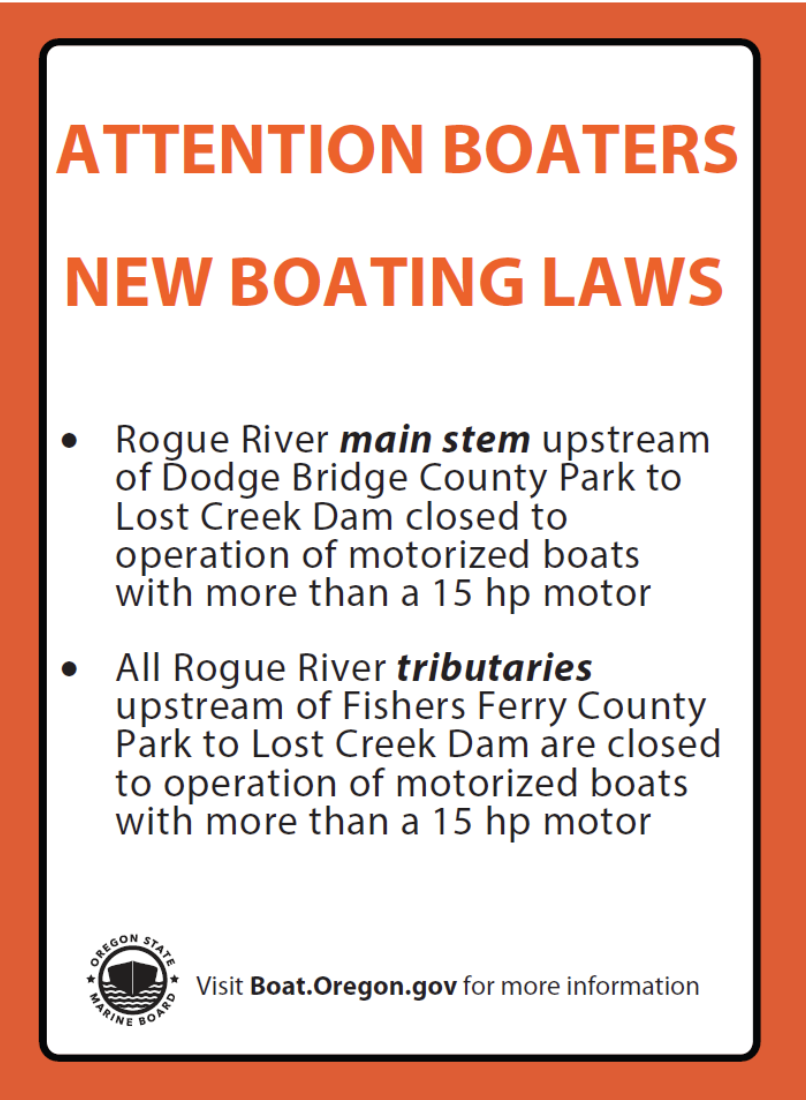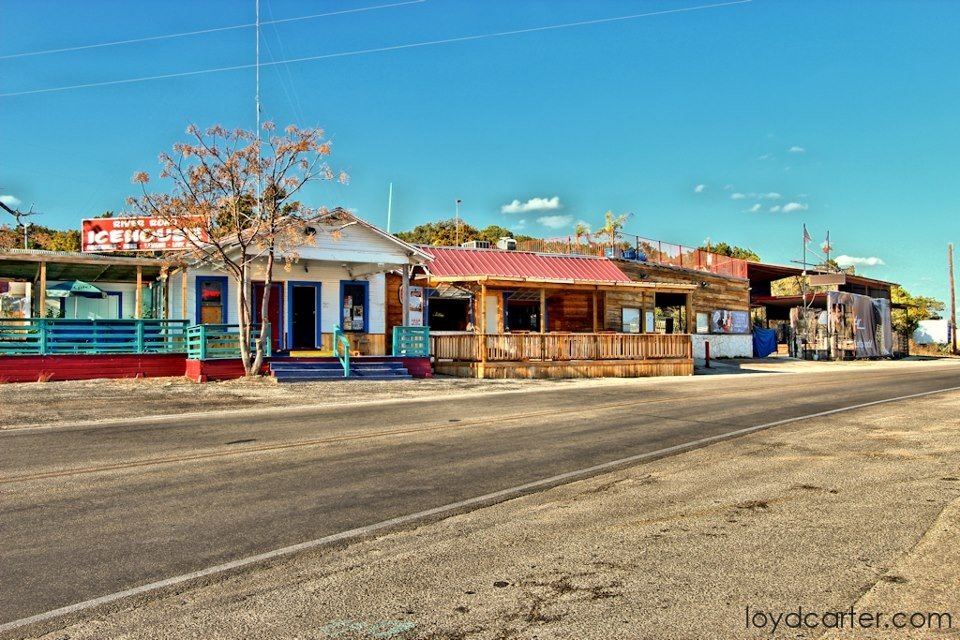The recent news that authorities investigating human remains near Flathead River has sent a somber ripple through the local and national boating community, serving as a stark reminder of the unexpected realities we can face on the water. While our passion is for the joy and freedom of boating, this developing situation underscores the critical importance of water safety, the necessity of clear emergency procedures, and the profound value of maintaining constant boater awareness. For everyone who calls these beautiful waterways their second home, understanding the implications of such an event is not just about staying informed; it’s about being a responsible and prepared member of the community.

The Developing Situation on the Flathead River
Details surrounding the discovery are still emerging as law enforcement officials conduct their work with diligence and respect for the gravity of the situation. The initial report came from a member of the public who was near the riverbank, a scenario that could happen to any boater, kayaker, or angler. This has led to an increased presence of official vessels in the area, and certain sections of the river may be temporarily restricted to public access to preserve the integrity of the investigation. This is not a time for speculation, but rather for quiet respect and cooperation with the authorities. For local boaters, this means being mindful of operational perimeters, giving official craft a wide berth, and understanding that access to some familiar spots might be limited for the foreseeable future.

What This Means for the Local Boating Community
A discovery of this nature can understandably cast a shadow over a place known for its recreational beauty. It’s natural to feel a sense of unease. However, it’s also an opportunity for the community to come together. This isn’t about fostering fear, but about reinforcing the shared responsibility we have for one another and for the waters we enjoy. Local boating clubs and marina operators are likely to be sharing information and reminding members of safety protocols. It’s a moment to check in on your boating buddies, review your own safety checklists, and perhaps have a frank conversation with your family about what to do in an emergency. The spirit of boating is one of camaraderie and mutual support, and that spirit is most vital in times of serious reflection like this.

A Sobering Reminder: Your Role in Waterway Safety
While the chances of encountering such a grim discovery are incredibly low, the incident serves as a powerful lesson in situational awareness. Boating is an immersive experience, but it’s crucial to remain connected to your surroundings. This goes beyond simply watching for other vessels or navigational hazards; it’s about creating a mindset of vigilance.
Maintaining Situational Awareness on the Water
True awareness is an active, not a passive, state. It means constantly scanning the water, the shoreline, and even the sky. Pay attention to anything that seems out of place—an object floating strangely, an abandoned vessel, or unusual activity on the bank. It’s easy to get lost in the tranquility of the moment, but your most important safety tool is your own observation. Train yourself to notice the details. This habit not only makes you a safer boater in general but also prepares you to be a helpful witness if the unexpected occurs.
“The water tells a thousand stories every day,” says Captain Jack Connolly, a retired search-and-rescue coordinator with over 30 years on Montana’s waters. “Most are about good times, but some are not. A prepared boater knows how to read the unusual signs and, more importantly, knows that reporting something that feels ‘off’ is never a waste of time. It’s the golden rule of the water.”
What Should You Do If You Find Something Suspicious?
The thought is unsettling, but being prepared is essential. If you encounter what you believe could be human remains or evidence of a serious incident, your actions are critical. The first and most important rule is not to disturb the scene. Do not attempt to touch, move, or retrieve anything. Your vessel’s wake alone can alter a potential scene, so cut your engine if it’s safe to do so or move a respectful distance away.
Immediately note your exact location. The best way to do this is by using the GPS on your boat’s chartplotter or on your phone. Take a screenshot or write down the coordinates. Then, contact the authorities without delay. The correct agency to call is the local County Sheriff’s office, as they have jurisdiction. You can also contact the U.S. Coast Guard on VHF Channel 16, and they will relay the information to the appropriate local law enforcement. Provide them with your location, a clear description of what you’ve observed, and your contact information. Then, wait for instructions. You may be asked to remain nearby at a safe distance to guide responders to the location.
Authorities Investigating Human Remains Near Flathead River: The Official Protocol
When you make that critical call, a specific chain of events is set into motion. Understanding this can help you provide the most useful information. The dispatcher will need to know who you are, where you are, and what you see. Be calm and clear. They are trained to handle these situations and will guide you through the process. The information you provide allows them to dispatch the correct resources, whether it’s a sheriff’s boat, a search and rescue team, or other specialists.
“In my years on the water, the single most valuable piece of information a civilian can provide is an accurate location,” notes Captain Connolly. “A good GPS coordinate saves us critical time and resources. Before you even make the call, make sure you know exactly where you are. It can make all the difference.”
Your role as the reporting party is to be an accurate witness. Once you have passed on the information, the professionals will take over. The process where authorities investigating human remains near Flathead River is a complex, multi-agency effort, and your responsible actions as a boater can be the crucial first step in bringing resolution to a tragic event.
| Reporting Agency | Best For | Contact Method |
|---|---|---|
| County Sheriff’s Office | Incidents on inland lakes and rivers. | 911 or direct non-emergency line |
| U.S. Coast Guard | Incidents on major federal waterways, coastal areas. | VHF Channel 16 |
| Fish, Wildlife & Parks | Reporting poaching or environmental hazards. | Local FWP office or tip line |
Fostering a Culture of Safety and Respect on the Waterways
Ultimately, this sad event is a call to action for the entire boating community. It asks us to elevate our commitment to safety from a personal checklist to a collective culture. This means looking out for fellow boaters who may be in distress, teaching younger generations about responsible boating, and respecting the rules and the environment. It’s about understanding that our presence on the water comes with a responsibility to be good stewards and vigilant guardians. By fostering this culture, we not only make the waterways safer for ourselves but also honor the profound beauty and occasional harsh reality of the natural world we love so much.
The ongoing situation where authorities investigating human remains near Flathead River is a difficult topic, but it is one we must confront with maturity and a renewed sense of purpose. Let it be a catalyst for all of us to double-check our safety gear, refresh our knowledge of emergency protocols, and head out on our next adventure with a clearer, more watchful eye. By doing so, we ensure that our community remains a source of joy, recreation, and, above all, safety for everyone.
Comments
Margaret Chen
★★★★★
A very sobering but necessary article. We have a family cabin on Flathead Lake and this news has been on everyone’s mind. Thank you for framing it in a way that is helpful and respectful for the boating community. The advice on what to do is clear and practical.
Brian O’Connell
★★★★☆
Good reminder about situational awareness. It’s easy to get complacent when you’ve been on the same water for 20 years. The quote from the retired SAR guy really hit home. Stay safe out there, everyone.
Isabella Garcia
★★★★★
My husband and I are planning our first kayaking trip on the Flathead River this summer, and this article is incredibly valuable. It’s a scary thought, but knowing the correct protocol makes me feel much more prepared. Appreciate the responsible journalism.
David Schmidt
★★★★★
This is exactly the kind of content that makes a community stronger. It’s not sensationalized; it’s focused on education and safety. Sharing this with my local boat club. The breakdown of who to call is something I honestly wasn’t 100% sure about before.
Emily Sato
★★★★☆
Such a tragic event. This article does a great job of addressing the sadness of the situation while providing genuinely useful information for boaters. It reinforces why we always file a float plan and keep our VHF radio on. Well done.


